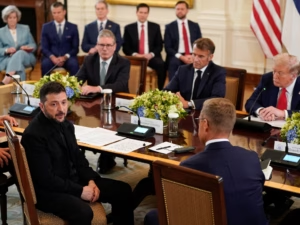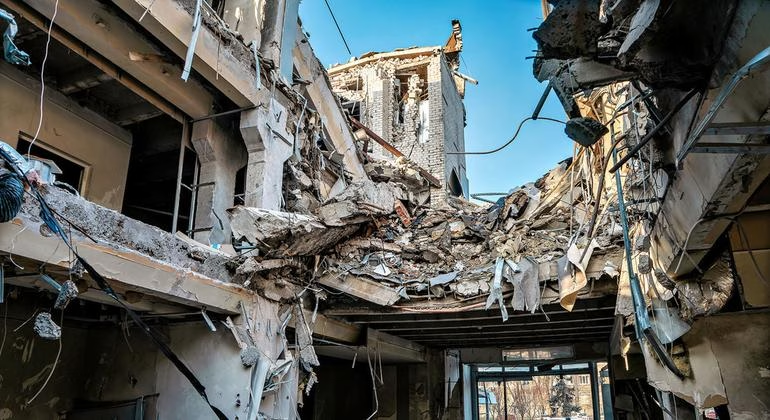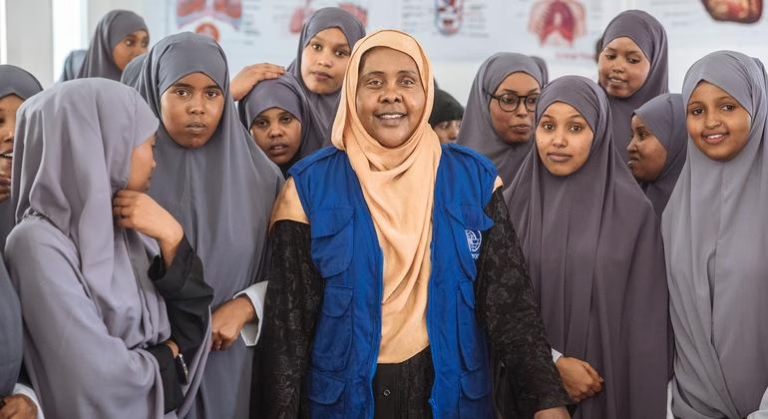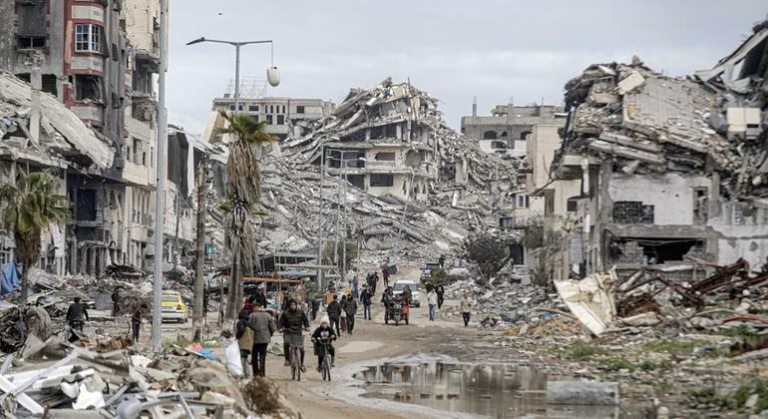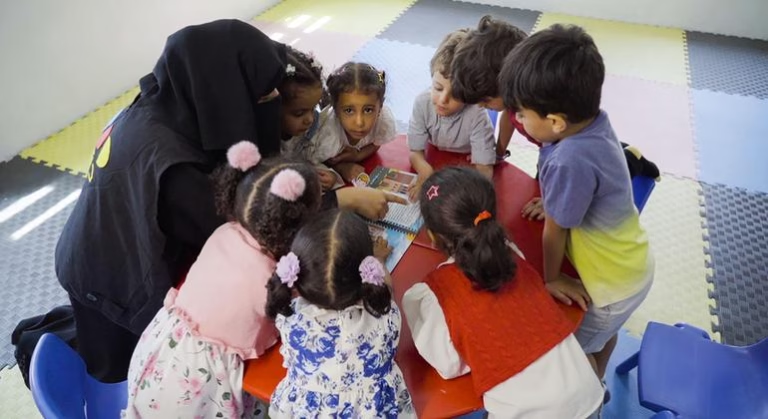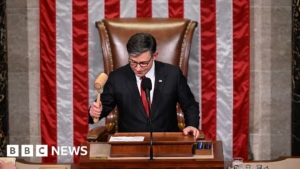Escalating hostilities in Ukraine
In a recent verbal update, Ilze Brands Kehris, the UN Assistant Secretary-General for Human Rights, conveyed a drastic increase in the intensity of fighting in Ukraine.
Civilian deaths and injuries have escalated sharply, with a nearly 50 percent increase in fatalities and injuries from April to June compared to the same period in 2024.
“Over 90 percent of these victims were in areas under Ukraine’s control,” she noted, pointing to stepped-up Russian drone and missile assaults as a significant factor.
Attacks employing airburst ammunition and repeated strikes on medical facilities are cultivating “fear and distress” amongst the urban populace, she continued. A nighttime attack in Kyiv on June 16-17 resulted in the highest loss of civilian life in the past year.
Although ceasefire talks have yielded some humanitarian progress, such as prisoner exchanges and the return of deceased combatants, Ms. Kehris emphasized the dire conditions in detention facilities.
More than 117 former Ukrainian POWs interviewed by the UN human rights office have reported torture, including sexual violence, in Russian custody. Such misconduct, while less frequent, is also documented in unofficial Ukrainian detention centers, leading to calls for transparent inquiries.
The report further addresses ongoing human rights violations in Russian-occupied territories, including curtailing of civil liberties and freedom of expression.
“Peace is more urgent than ever,” Ms. Kehris stated, reinforcing appeals for an immediate halt to hostilities in accordance with international law.
Addressing structural racism and intersectionality
Ashwini K.P., the Special Rapporteur on contemporary forms of racism, presented a report focusing on intersectionality as a vehicle for achieving racial justice.
Rooted in the experiences of Black feminists and extended by studies on Dalit, Indigenous, Muslim, and Roma community members, intersectionality is framed as critical to dismantling entrenched prejudice.
“Women of African descent, marginalized communities, and others are disproportionately affected by overlapping forms of prejudice,” Ms. Ashwini said.
Her report outlines how states can integrate an intersectional perspective, advocating for detailed data analysis, inclusive policy development, legal acknowledgment of multiple discriminations, and historical acknowledgment.
Ms. Ashwini stressed the need for reparative justice for communities impacted by colonialism and slavery, urging states—especially those historically implicated—to implement significant reforms.
Worsening situation in Gaza
Francesca Albanese, the Special Rapporteur on the situation of human rights in the Palestinian territories occupied since 1967, reported to the Council with a bleak assessment of conditions in Gaza.
Describing the situation as “apocalyptic,” she stated that more than 200,000 people have been killed or injured since October 7, 2023, following the attacks by Hamas and other Palestinian armed groups against Israeli communities—resulting in at least 1,200 deaths and the abduction of over 250 individuals.
“Palestinians in Gaza are enduring unimaginable suffering,” Ms. Albanese said, depicting the Israeli-supported Gaza Humanitarian Foundation as “a death trap designed to kill or force the expulsion of a starving, bombarded, emaciated population marked for elimination.”
She accused Israel of exploiting the conflict to trial new weapons and technologies, aggravating the plight of the population without constraints.
“We must reverse the trend,” Ms. Albanese implored, urging Member States to enforce an arms embargo on Israel, suspend all trade agreements and investments, and ensure accountability, “ensuring that corporate entities face legal consequences for their complicity in severe breaches of international law.”
Work of independent human rights experts
Special Rapporteurs are autonomous human rights experts appointed and mandated by the Human Rights Council—the UN’s principal international body responsible for human rights.
As part of its Special Procedures, Special Rapporteurs and other independent experts are tasked with monitoring and evaluating the human rights situation in specific thematic or country contexts.
These experts operate independently, are not UN employees, and do not receive a salary.
Source: https://news.un.org/feed/view/en/story/2025/07/1165326


